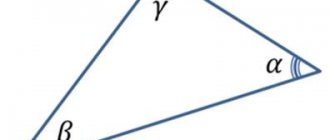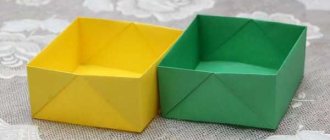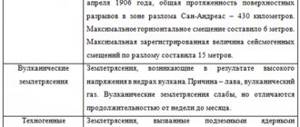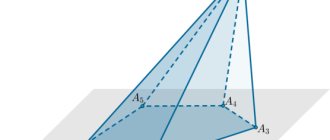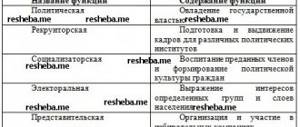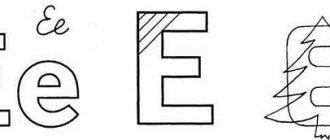Mathematics lesson technological map
Municipal budgetary educational institution
"Bazkovskaya Secondary School"
Sholokhovsky district, Rostov region
Technological map of a mathematics lesson in grade 5 “Multiplying decimals”
prepared
mathematic teacher
Grebennikova Ekaterina Nikiforovna
village Bazkovskaya
Teacher's name:
Grebennikova Ekaterina Nikiforovna
Job title:
mathematic teacher
OU:
MBOU "Bazkovskaya Secondary School", Bazkovskaya village, Rostov region.
Item:
mathematics
Class
: 5
Lesson topic:
Multiplying decimals.
Basic tutorial
: Textbook (UMK): Vilenkin N. Ya., Zhokhov V. I., Chesnokov A. S., Shvartsburd S. I. Mathematics 5th grade: Textbook for educational institutions. - M.: Mnemosyne, 2012.
Place in the overall course structure:
Chapter 2 “Fractions”, §7 “Multiplication and division of decimals”, 11th lesson on the topic.
Lesson type:
learning new material.
The purpose of the lesson:
Create conditions for developing the ability to multiply decimal fractions. Improve the ability to multiply a decimal fraction by a natural number.
Lesson objectives:
Subject:
Model situations illustrating arithmetic operations and progress, choose an algorithm for solving non-standard problems, apply a multiplication algorithm, multiply decimal fractions using multiplication laws.
Metasubject
Regulatory: determine the goal of educational activity, implement the means to achieve it.
Cognitive: convey content in a compressed or expanded form.
Communicative: express your point of view, trying to substantiate it, giving arguments.
Personal: Explain to yourself your individual immediate goals of self-development, give a positive self-assessment of the result of educational activities, understand the reasons for the success of educational activities, show cognitive interest in studying the subject.
| Organizational block | ||
| Planned lesson results | ||
| Concepts and terms that will be reinforced during the lesson | Concepts: factors, product, multiplication rule, multiplication laws. | |
| Subject knowledge and skills that students will master as a result of the lesson | Students will learn to multiply decimal fractions, use writing rules and the commutative law of multiplication when multiplying decimal fractions. | Read and write decimal numbers. Solve various types of problems involving multiplication of decimal fractions. Apply the algorithm for multiplying decimal fractions. |
| Universal learning activities (ULA), which will be formed during the lesson | Personal: Understand the reasons for success or failure in educational activities. Show responsibility for the results of your educational work on the basis of cooperation and mutual assistance. Cognitive: Navigate the knowledge system, consciously and voluntarily construct a speech utterance, acquire new knowledge (find answers to questions using a textbook, previously acquired knowledge, information received in class) Regulatory: Talk through the sequence of actions in the lesson, express your assumption. Work according to the plan, talk through the sequence of actions in the lesson. Communicative: Jointly agree on the rules of behavior and communication, follow them, express your thoughts orally, listen and understand the speech of others, express your thoughts orally and in writing. | |
